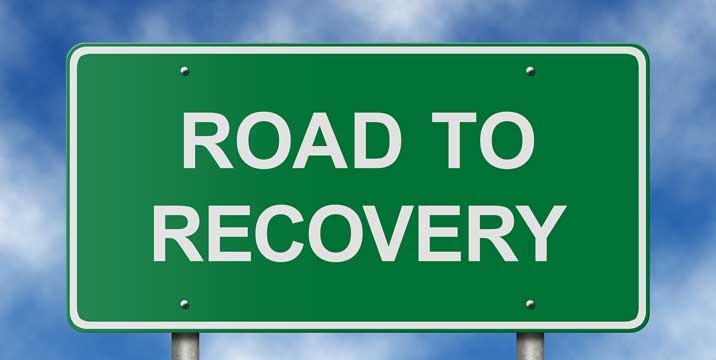Support for families affected by substance abuse has not been given a strong emphasis for years. The cost of setting up a solid family support system is seen as one of the major obstacles. Families are also not viewed as ‘patients’ that need to be tested and monitored. The fact is drug addiction can cause a tremendous amount of stress on the family. Some of the effects of substance abuse include:
- Health problems such as HIV infection, physical injuries, risks taking, and premature deaths.
- Children who belong to a family with substance abuse issues are more likely to suffer from academic, behavioral, and emotional problems.
- Marital woes may worsen that could ultimately lead to divorce.
- Legal and financial problems spring up as the addicted individual loses a job, drives carelessly, or abandons financial obligations.
 According to the National Center on Addiction and Substance Abuse at Columbia University, the only way to achieve a drug-free country is to protect the family especially the children. This statement is anchored on the belief that the entire family has a far-reaching influence on a child’s total development. In line with this principle is the need to examine how drug addiction impacts families especially when it comes to teen pregnancy, divorce, juvenile delinquency, and physical and emotional abuse.
According to the National Center on Addiction and Substance Abuse at Columbia University, the only way to achieve a drug-free country is to protect the family especially the children. This statement is anchored on the belief that the entire family has a far-reaching influence on a child’s total development. In line with this principle is the need to examine how drug addiction impacts families especially when it comes to teen pregnancy, divorce, juvenile delinquency, and physical and emotional abuse.
Statistical records show that fifty percent of the 35.6 million children in the United States live with someone who either drinks alcohol or uses illegal substances. Here are some of possible risks associated with drug addiction.
1) Stigma
A child’s social relationship suffers greatly especially when the news of a loved one dealing with addiction has already reached the ears of friends, classmates, and teachers. Studies show that in most instances, teachers tend to attribute a student’s slow academic progress to a parent’s drug problems. On the other hand, peers may also treat someone more differently. This conduct could disrupt interpersonal relationships.
2) Moral Development
Research also shows that early exposures to drug-related criminal activities within the family can severely hamper a child’s moral development. At an early age, a child may witness inappropriate activities that could distort his or her outlook in life. On top of this, children of drug users may have a higher chance of using illegal substances in the future.
3) Abuse
Health experts have already warned the public about the physical and psychological consequences of alcohol and drug addiction. For instance, an addicted parent may suffer bouts of hallucinations, depress, paranoia, and anxiety. These symptoms could eventually lead to abusive behaviors thereby putting children at risk for physical and emotional abuse.
Recently, various government organizations, decision makers, and private funders have come up with compelling arguments to support the role of families in the treatment of drug addiction.
Recommendations

Education
Families must be given ample support to learn, understand, and recognize signs and symptoms of addiction in the family.
Intervention
Since addiction can quickly sap someone’s nurturing instincts, constant encouragement and medical help must be sought to speed up the treatment and recovery process and also to prevent unsafe behaviors. Intervention also involves providing family members relevant information regarding social support and coping resources.
Always consult a licensed health professional if you urgently need medical intervention for a drug abusing family member.


